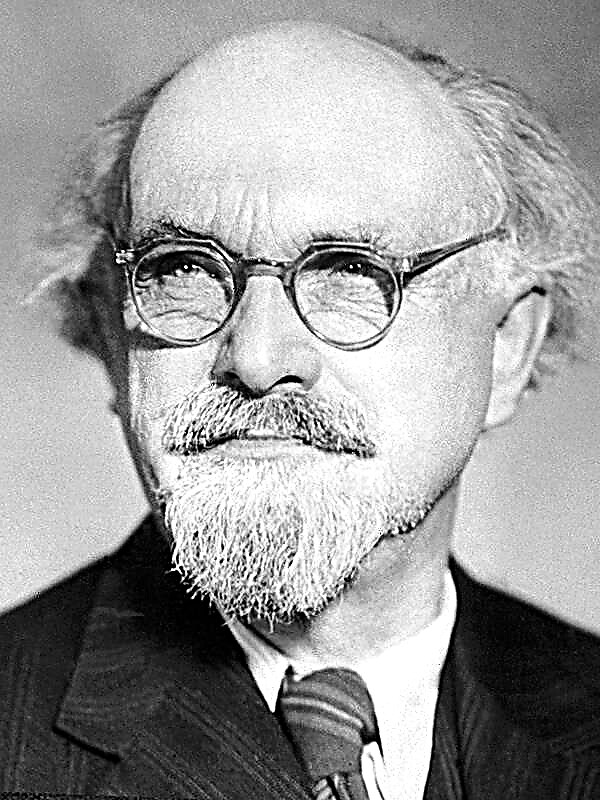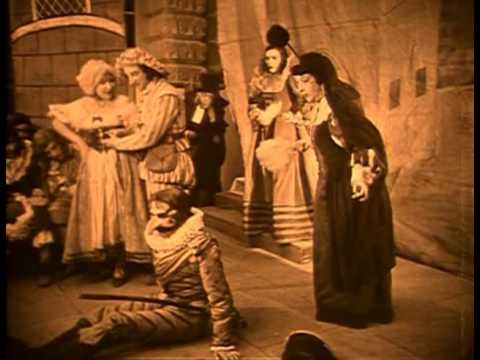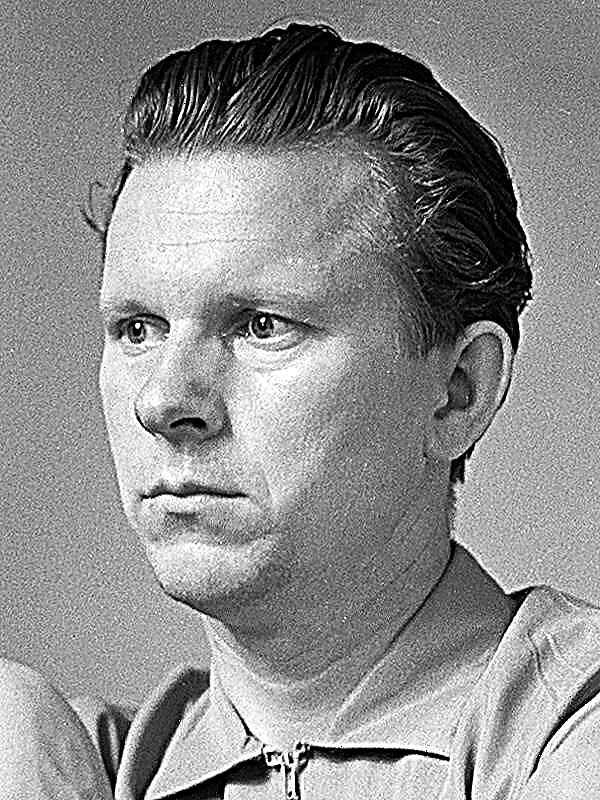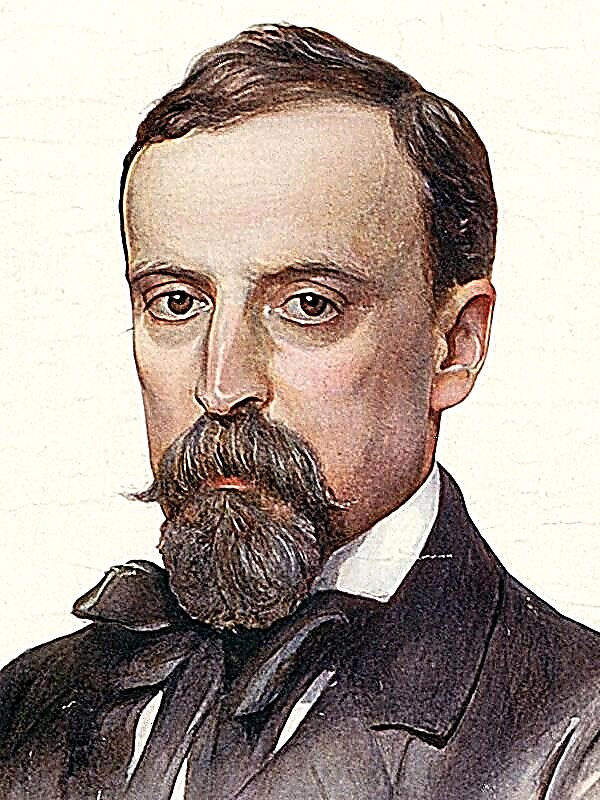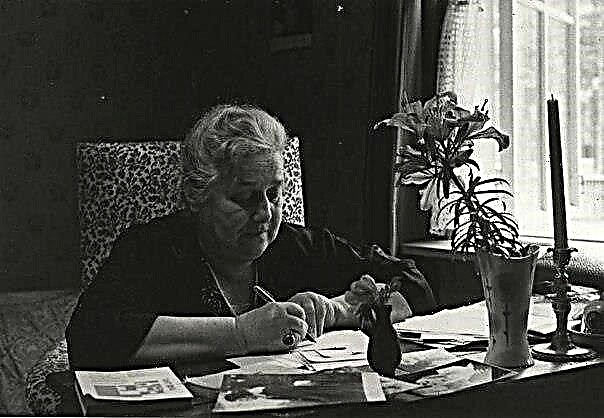(247 words) It is no secret that the key principle of Chekhov’s love is the concept that a person can never be happy at the moment: he either lives with happy memories from the past, or expects a happy future. The story "Lady with a Dog" illustrates this as well as possible. In the seemingly simple and obvious history of the spa novel, Chekhov reveals one of the most painful problems in a person's awareness of his own happiness.
It is not strange, but the affair with Anna Sergeyevna does not cause Gurov to have strong feelings and emotions: he gets to know her from boredom, does not attach much importance to her mental torment, portrays more passion than really experiences it. But once lovers get separated, how Gurov’s feelings instantly change. The connection with Anna Sergeyevna no longer seems to him a fleeting affair, she is filled with significance and deep emotional experiences. Memories of the past attract the hero and make him decide on folly - he goes to the city of S. It would be logical to assume that the awareness of the significance of their connection, reciprocity and the possibility of at least occasionally being together should make the heroes happy. But again, the expectation of future happiness becomes stronger than the experiences of the present. Of course, both Gurov and Anna Sergeyevna are glad of their meetings in the Slavic Bazaar, because these meetings literally became the meaning of the life of both heroes. But nevertheless, they are burdened by the existing situation, and only the hope and feeling that a solution is about to be found makes these unhappy people happy.
Thus, “Lady with a Dog” is not so much a love story as a tragedy of people who do not know how to live today and doomed to rush about between nostalgia for the past happiness and the expectation of a bright future.


